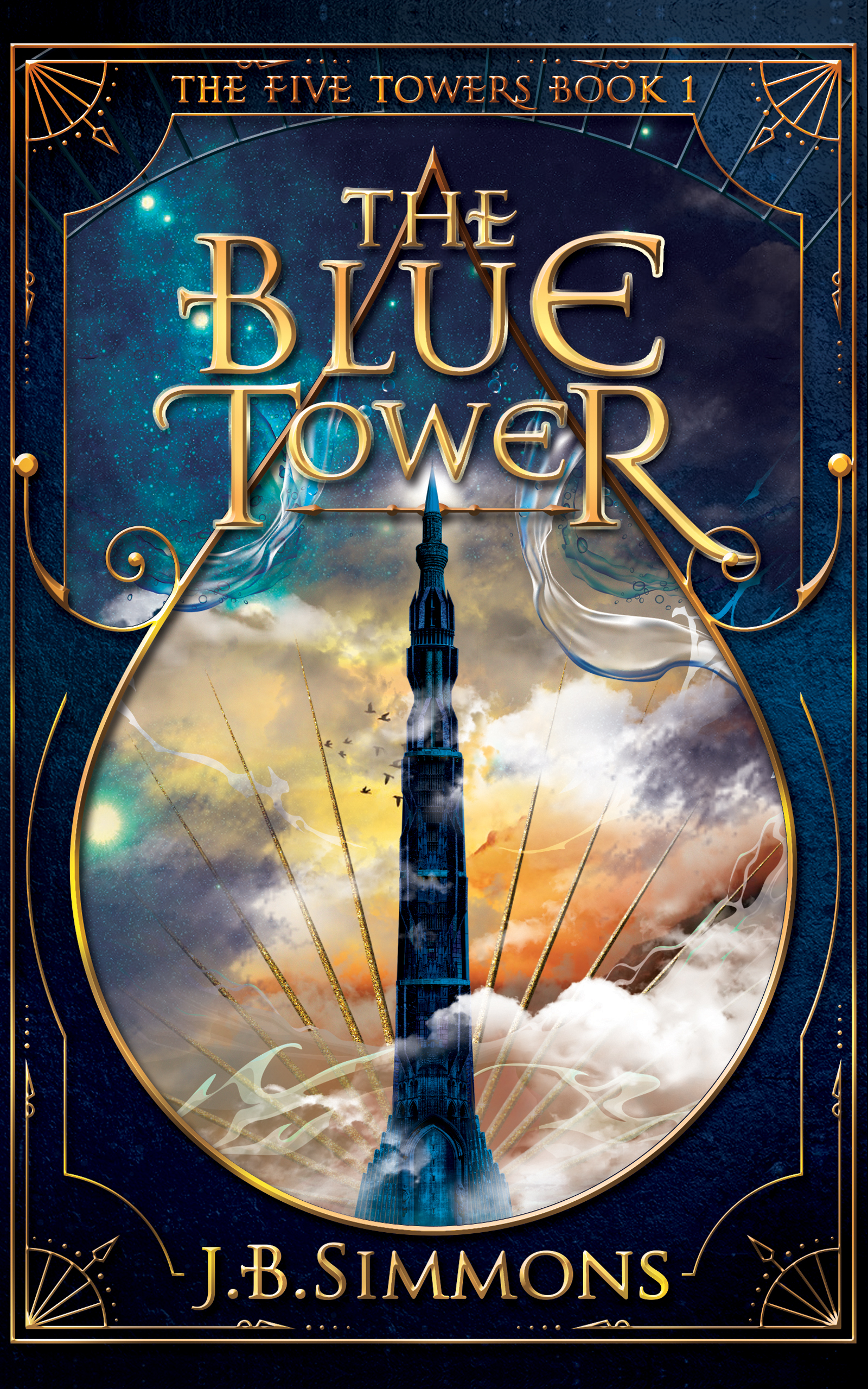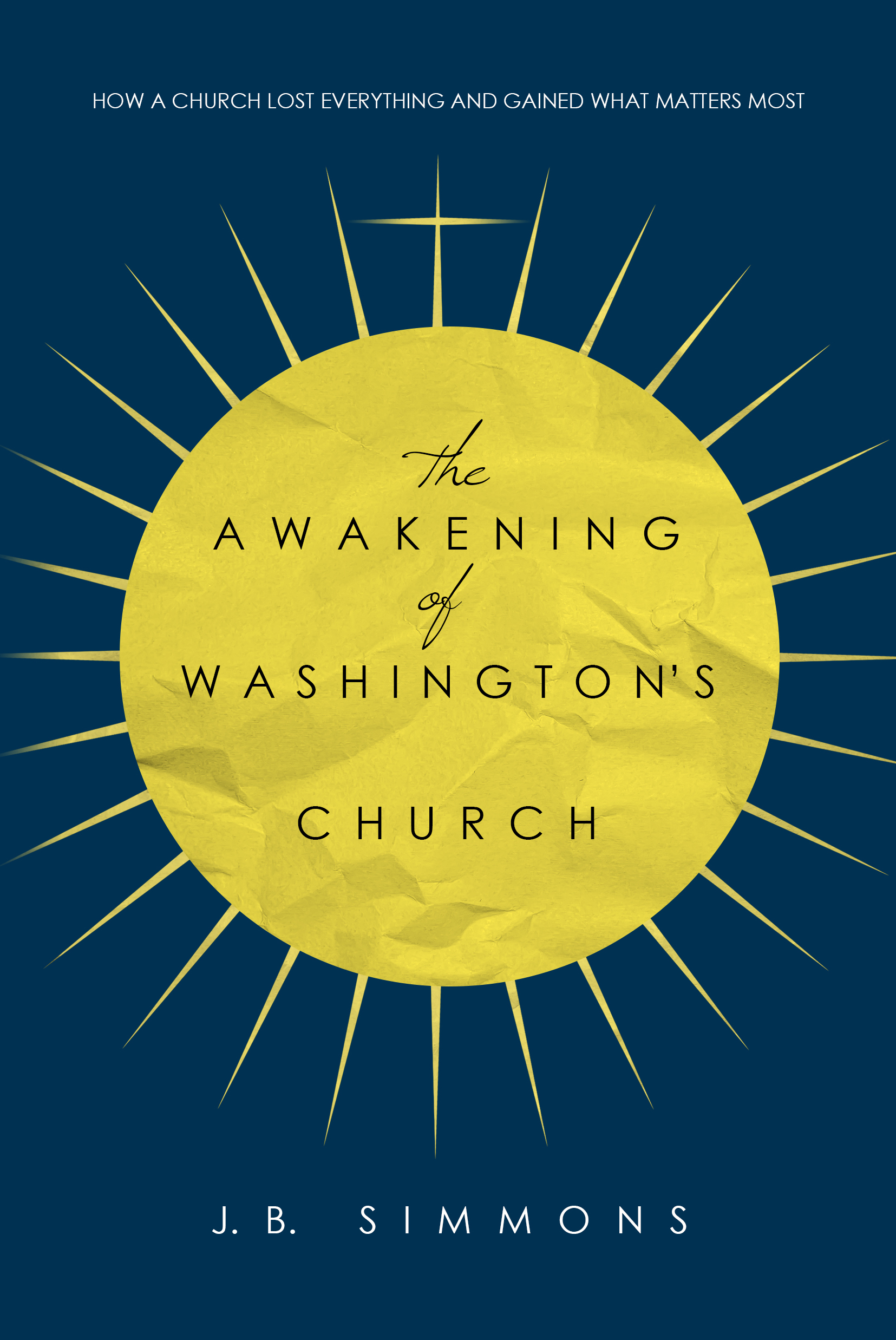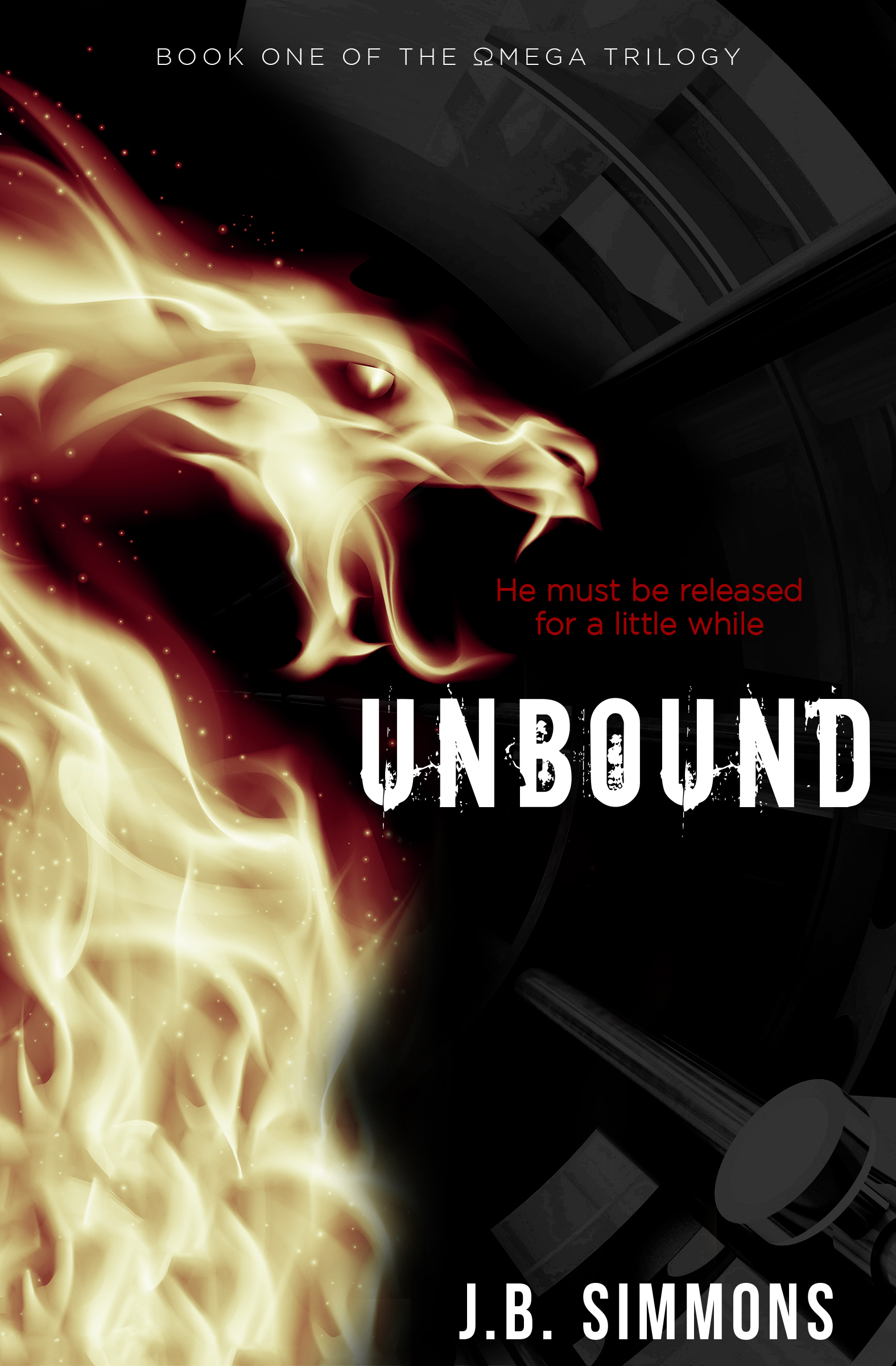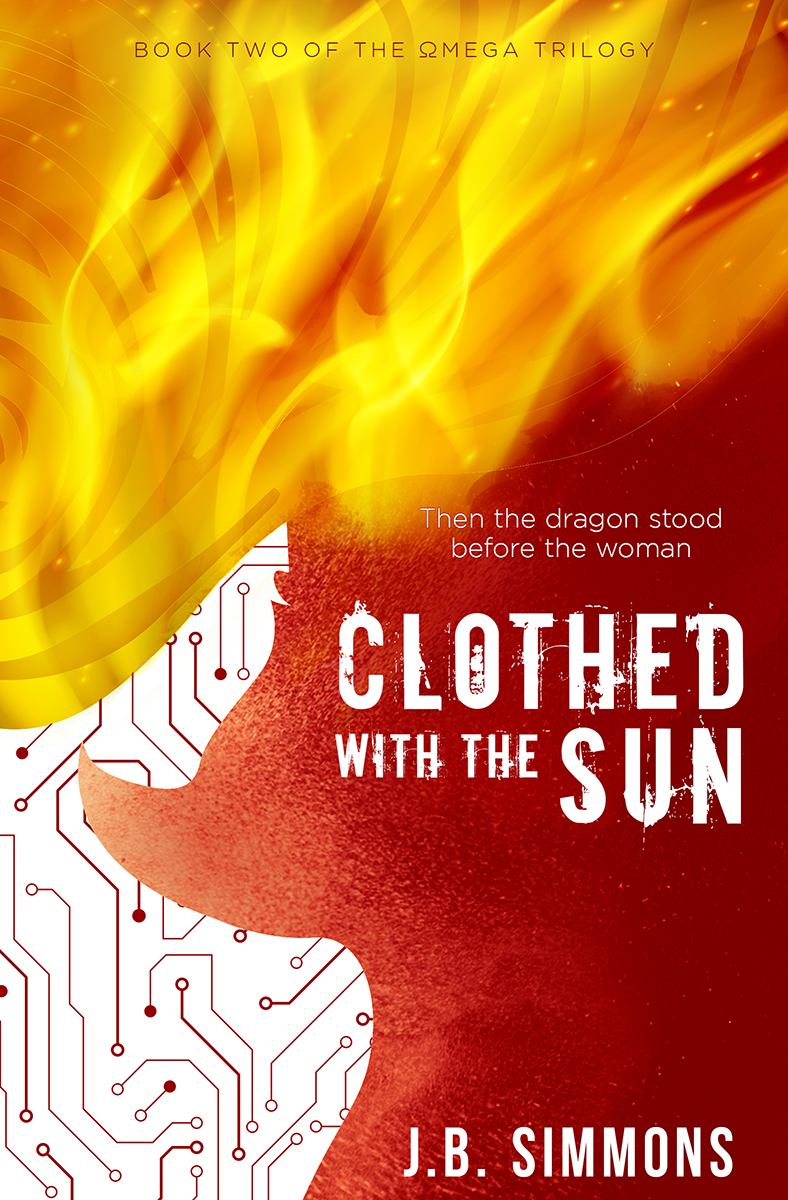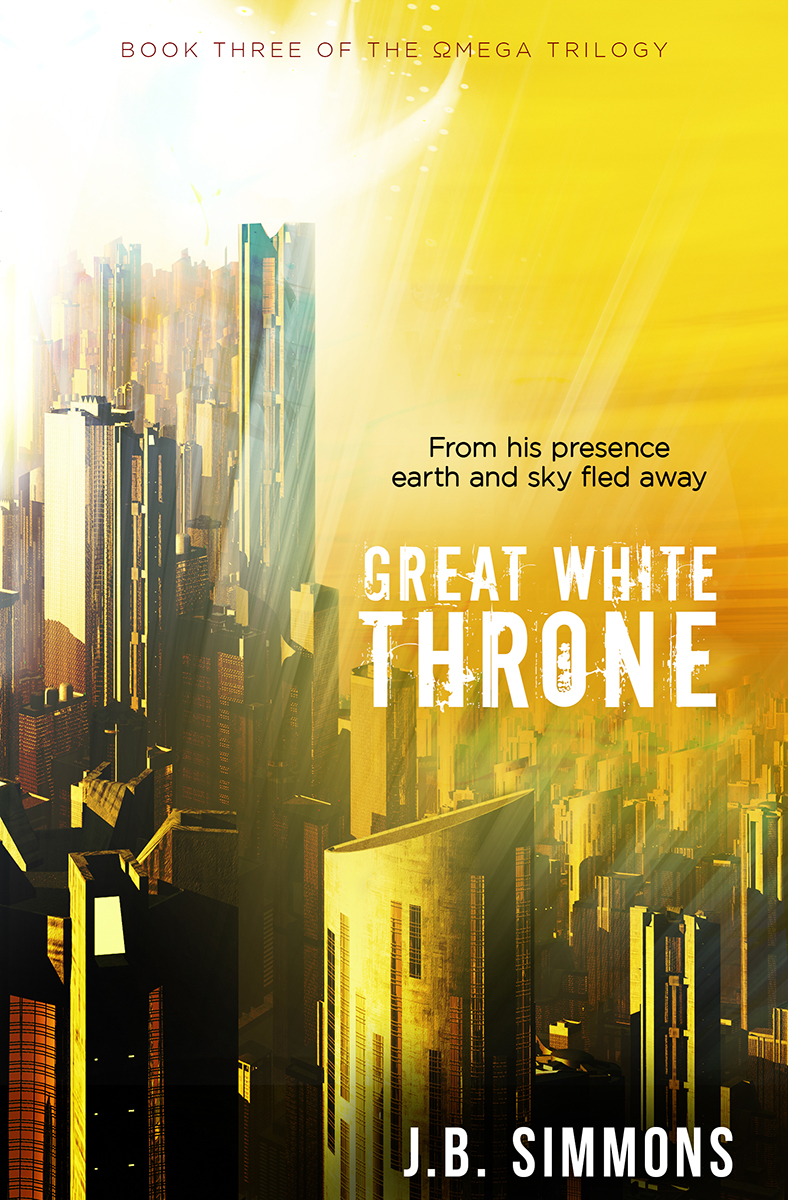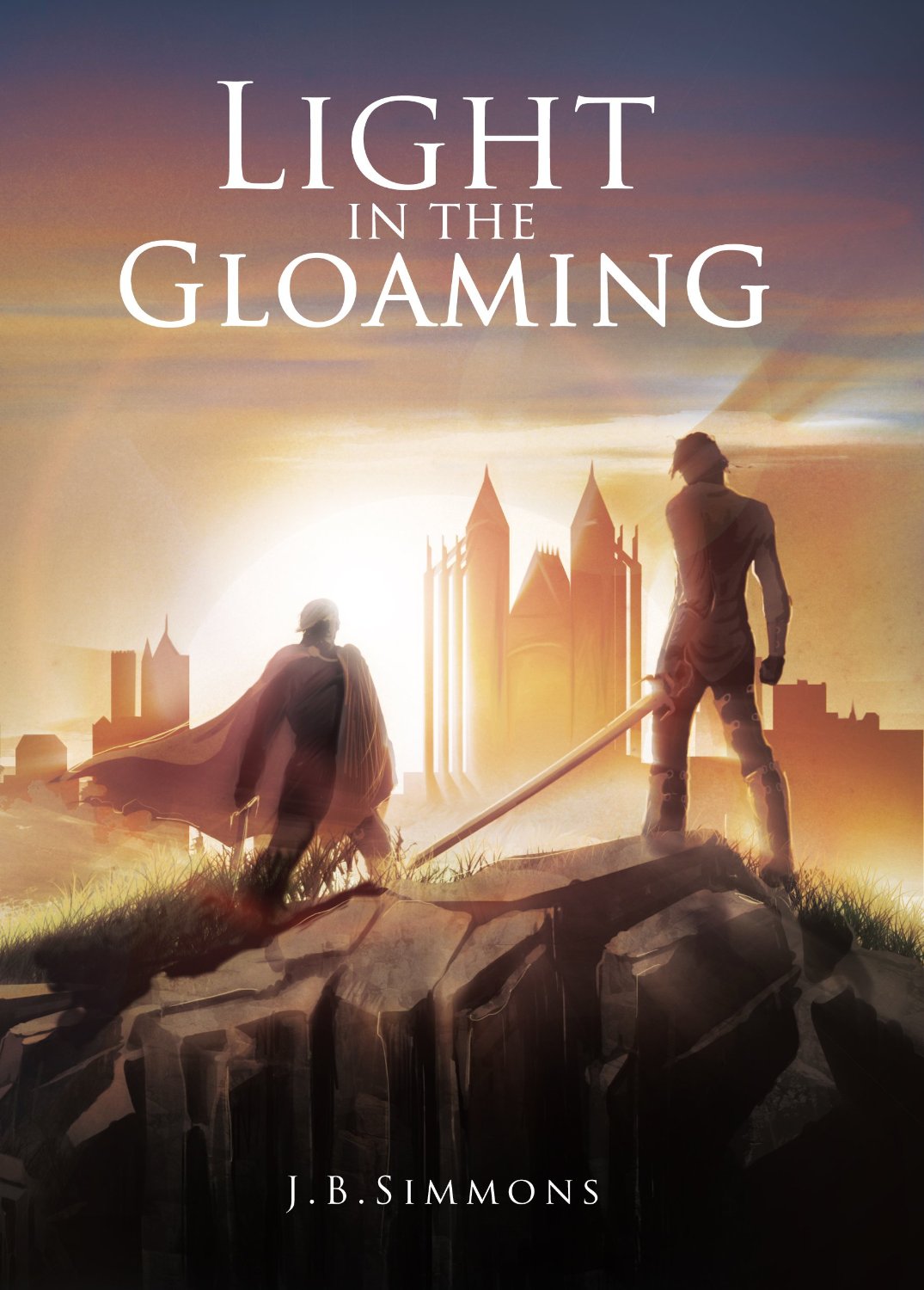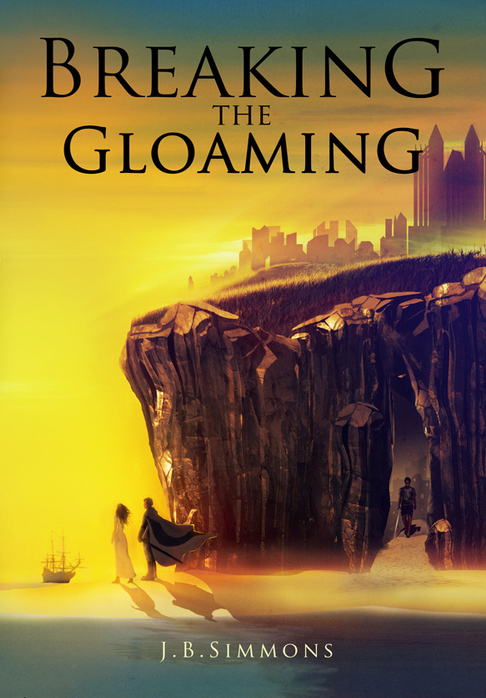5 Lessons from Creating Audiobooks: Why Listening Can Be Just As Good As Reading
/Have you listened to an audiobook yet? It changes your life. No matter how busy you are, you can find time to listen, so you can be an avid reader. Finding time to read a paperback can be tough. But listening to an audiobook in the car, on a walk, or while doing the dishes? We can do that. We can enjoy that!
Here’s an example: my wife had mostly stopped reading books. She just couldn’t find the time with a thriving career and three young kids. But she missed books. Then she started listening to them. Now she’s an avid “reader” again, with dozens of audiobooks under her belt and always recommending a good one to friends.
She is not alone. Consider the numbers: last year, in the midst of general book-reading decline, at least one-fourth of the U.S. population listened to an audiobook, and about half were under age 35. Audiobook use has been growing at a clip of about 20% per year.
In the past few months I’ve had the pleasure of bringing some of my own books into audio format. This process taught me more than I expected. Here are the five most important things I learned.
1. Voices are not created equal, and that’s okay.
Lately a few friends and I were talking about audiobooks. They surprised me. They said that once they find a narrator they like, they’ll search for any other books by that narrator (not the author) and get them. Any other books!?
Why would they do this? Don’t they care about content? Of course they do. But this proves how much style and sound matter. People can care more about the voice in their ears than the content. Maybe that’s just how it goes in this podcast era.
So, reluctantly, I decided I might wait until I write a memoir someday before I try my own voice at narrating. That meant I needed a narrator. Preferably a good one.
Through Audible’s ACX platform, I opened my book to auditions. Dozens of narrators submitted a sample chapter. I listened to each one, hoping to find a great talent that could both fit with the book’s protagonist and handle many other voices and accents throughout.
I never expected some auditions to be so bad, and others to be so good. The bad ones made me crack up, roll-on-the-floor laughing. It was like the worst over-dramatic Hollywood audition you can imagine.
But the good voices: wow. There are some amazing actors working on audiobooks. These auditions sealed the deal for me. As much as I’d like to narrate my own book some day, this was not the time or place. Especially when I found a voice like Joshua Bangle’s.
2. Narrating is a performance. It is an art.
Joshua Bangle is an actor and narrator. He has the kind of deep, smooth, resonating voice that you would expect to hear on a TV ad. He could sell a luxury sedan or toothpaste. As soon as I heard him, I knew he could play the part of Elijah Goldsmith.
But what I learned is that it’s not just about the voice. He also has editing and production talent. No need to take my word for it. Just watch this short clip of him editing in action.
Good book narrating is an art. No wonder we love listening to the best. (And yes, this means I try even harder now to bring my A-game to bedtime story reading with the kids.)
3. Trust the author, and trust the narrator.
I wrote Unbound about three years before I listened to Unbound. The experience was rather different.
Many writers advise that it helps to read your stories aloud. I had done that for parts while drafting the book, but it was still my voice reading it. We all know our voices sound different in our own heads. Listening to someone else narrate Unbound, someone I’d never even met, changed it in a special way. Suddenly it was a performance. It gave the story new life.
But sometimes the new life that Mr. Bangle gave the book was not what I expected. Accents and intonations come in so many forms. It was fascinating to hear his take, and I learned to trust his instincts. His incentives are aligned with mine (read: shared royalties), and he was himself a reader of the book, experiencing it as he narrated it. The audiobook is more objectively good that way. I’m glad I let him run with it. There’s a reason why the audiobook credit should be shared.
4. It’s worth slowing down to listen. It’s worth listening to what makes you slow down.
What speed do you listen to audiobooks? Should we care? Maybe not, but boy do some people love to brag about this.
“I listen at 2X!”
“Look at me. I’m at 3X!”
Maybe we think it’s a test of how fast our minds can process information. It’s not. This is not a race. No one cares.
I learned this the hard way listening to my book, because I had to listen at the tortoise pace: 1X. That’s right, not even a sliver of speeding up...for the entire trilogy. It took a very long time. Hours and hours and hours. I will admit, I wanted to speed it up at times. I had written the books after all. I knew the story. But in the end, I came to value taking it slow.
Do you really need to go faster than 1.5X? If so, you might ask whether it’s the kind of audiobook worth listening to. With so many great works out there, shouldn’t we choose books worth savoring as we listen?
5. Stories have power, especially when you hear them.
Listening to my own book affected me in ways I did not expect. It was partly because some of the details had drifted from my mind in three years. But I think the biggest part was visceral, audible storytelling.
There’s a reason why ancient classics like Homer’s Odyssey and the Old Testament have endured in greatness. They were distilled into the most powerful stories they could be over generations of repetition. They were spoken, over and over, around the campfire, on the hunt, and in the tents. People remembered the way the stories sounded, the dramatic pauses, the varying voices of the characters.
Don’t get me wrong, I love Gutenberg and Amazon and the printed word. But maybe we lost some of this storytelling magic when we moved away from speaking the words aloud. This is one of the main reasons the audiobook explosion is so exciting. Not only can we actually find time for books again, but now these narrated tales have renewed power. We are rediscovering the oral tradition, and we can take it with us in our pockets wherever we go.
Want to start listening? Take a few seconds to hear a sample of Joshua Bangle’s finished product in Unbound by clicking the button below. And if you haven’t been on Audible, good news: you can get a first audiobook for free!


